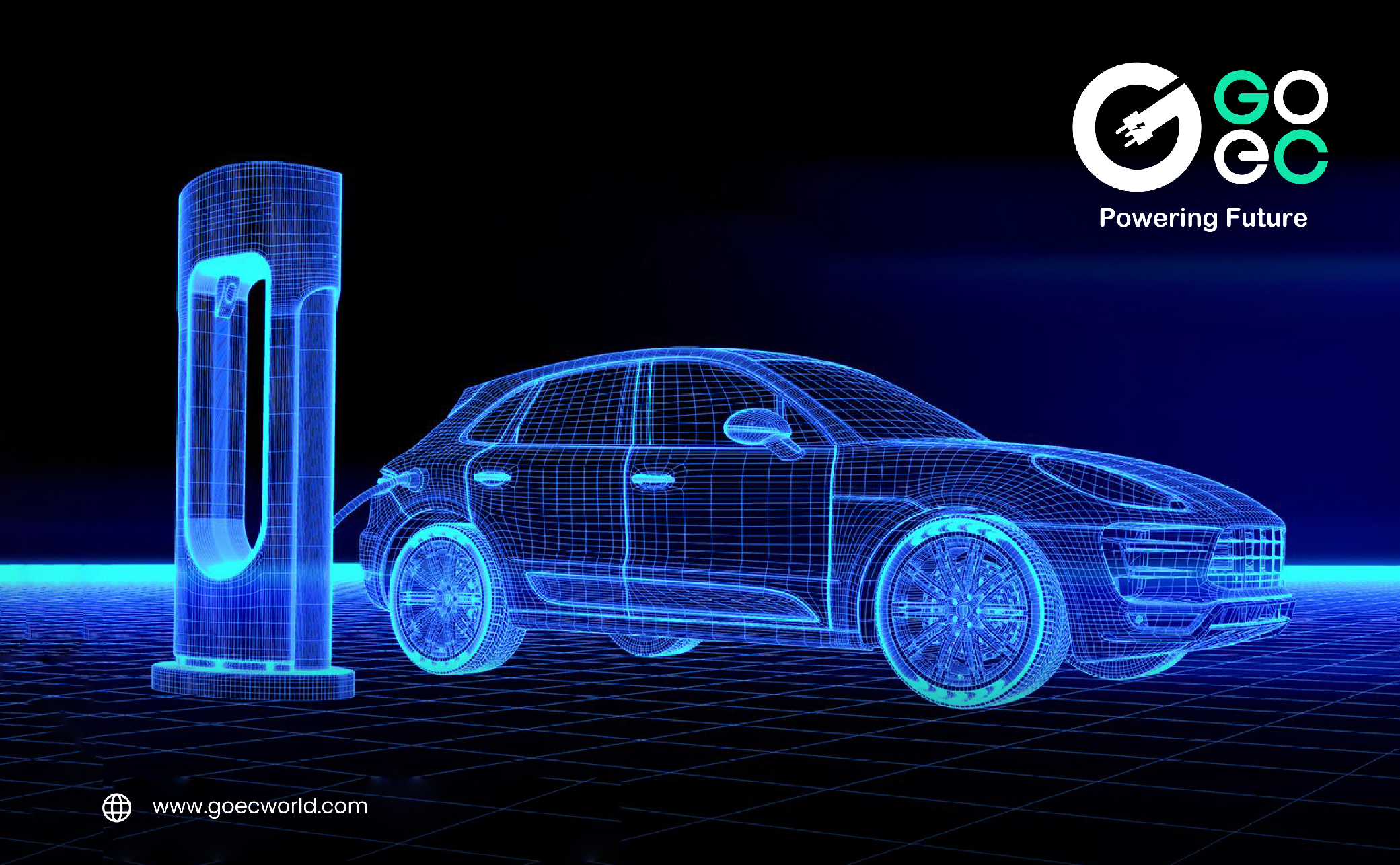Introduction
In recent years, the demand for electric vehicles (EVs) has witnessed a significant surge as more people embrace sustainable transportation options. With this growing popularity, the need for efficient and accessible EV charging infrastructure has become crucial. As a result, various types of EV chargers have emerged to cater to the diverse needs of EV owners. In this blog post, we will delve into the different types of EV chargers available, providing a comprehensive guide to help you understand their features and choose the most suitable option for your EV charging needs.
- Level 1 Chargers: The Standard Home Charging Solution-
Level 1 chargers, also known as “trickle chargers,” are the most basic and common charging option for EV owners. These chargers operate using a standard 120-volt AC household outlet, requiring no specialized installation. Although Level 1 chargers offer convenience, they have a slower charging rate, typically adding around 2-5 miles of range per hour of charging. Level 1 chargers are ideal for overnight charging at home, especially for EV owners with shorter daily commutes.
- Level 2 Chargers: Faster Charging for Home and Public Stations-
Level 2 chargers are a significant upgrade from Level 1 chargers in terms of charging speed. These chargers utilize a 240-volt AC power source, which enables faster charging rates. Level 2 chargers can add around 10-60 miles of range per hour, depending on the EV model and charger capacity. They require professional installation by an electrician, ensuring the electrical circuit can handle the increased power demand. Level 2 chargers are suitable for both home and public charging stations, offering a convenient solution for longer commutes or when quicker recharges are required.
- DC Fast Chargers: Rapid Charging on the Go-
DC Fast Chargers, also known as Level 3 chargers, are designed for rapid charging and are commonly found at public charging stations, highways, and commercial locations. Unlike Level 1 and 2 chargers, DC Fast Chargers bypass the vehicle’s onboard charger and directly supply DC power to the battery, significantly reducing charging time. These chargers can provide an impressive 80% charge in 20-30 minutes, adding around 150-200 miles of range, depending on the EV model. DC Fast Chargers require specialized installation and are not typically suitable for home use due to their high-power requirements.
- Wireless Chargers: Cutting-Edge Convenience-
Wireless chargers, also known as inductive chargers, eliminate the need for physical cables and connectors by using electromagnetic fields to transfer energy between the charging pad or plate and the vehicle. This technology is still in its early stages, but it offers the convenience of hassle-free charging, as drivers only need to park their EV over a charging pad for the charging process to begin. Wireless chargers are typically slower than Level 2 chargers, but ongoing advancements in technology are likely to enhance their charging efficiency in the future.
Conclusion
As the demand for electric vehicles continues to rise, understanding the different types of EV chargers becomes crucial for EV owners. Whether you prefer the convenience of home charging or require rapid charging capabilities on the go, there is a charger type that fits your needs. Level 1 and Level 2 chargers provide reliable charging solutions for home and public charging stations, while DC Fast Chargers offer rapid charging for longer trips. Additionally, wireless chargers offer the promise of a cable-free future. By choosing the right charger for your EV, you can ensure a seamless charging experience that aligns with your lifestyle and driving requirements.
